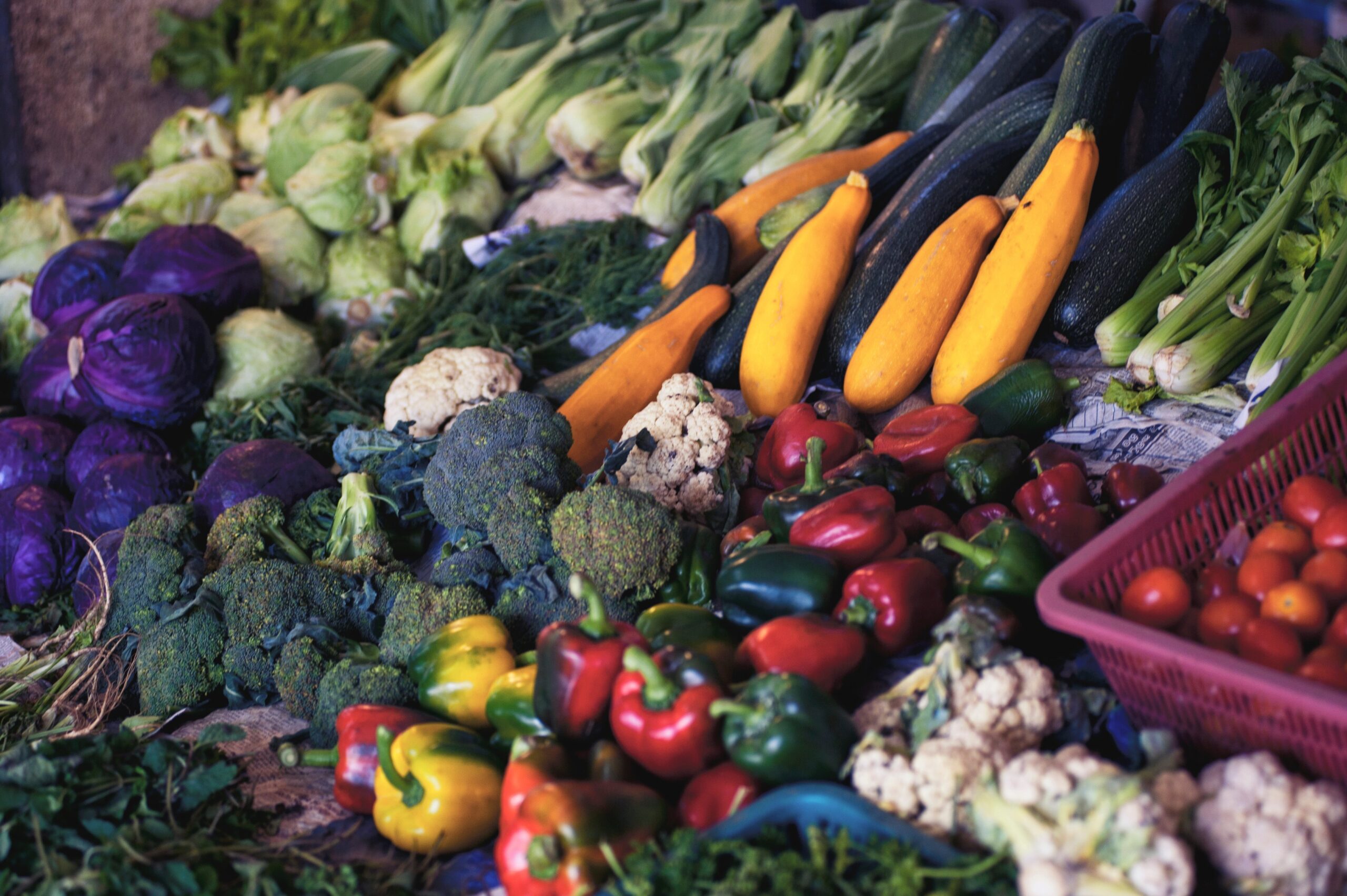Clean eating, gluten free, vegetarianism, and veganism are becoming exceedingly popular lifestyle changes. For some, it’s cutting out the processed foods, fast food and sugar from their diet. Others support the sustainable production or are anti-animal cruelty. Whatever the reason, dietary changes are lifestyle changes. Make a diet change successfully by consuming a balanced portion of nutrients, fats, carbs and proteins.
From fats to proteins, here are the five essential foods to add or increase in your diet.
1. Lentils
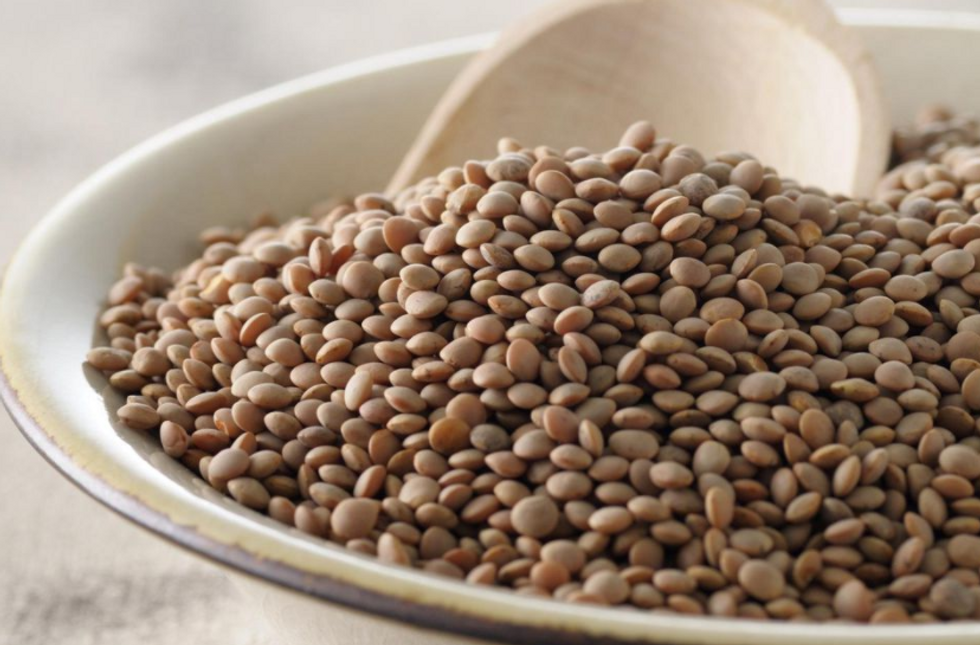
Lentils are a staple in most vegan and vegetarian diets. With good reason, too. The average person needs between 40-60 grams of protein. Eighteen grams of protein are in just one cup of lentils, which means one serving can fulfill almost half or a third of person’s protein needs. With 14-recorded varieties, you can take your pick when it comes to the high fiber legume that’s also high in carbs and potassium. If you need a ground meat substitute, lentils can create a similar consistency. It also works in salads, in falafel, and soups.
2. Mushrooms
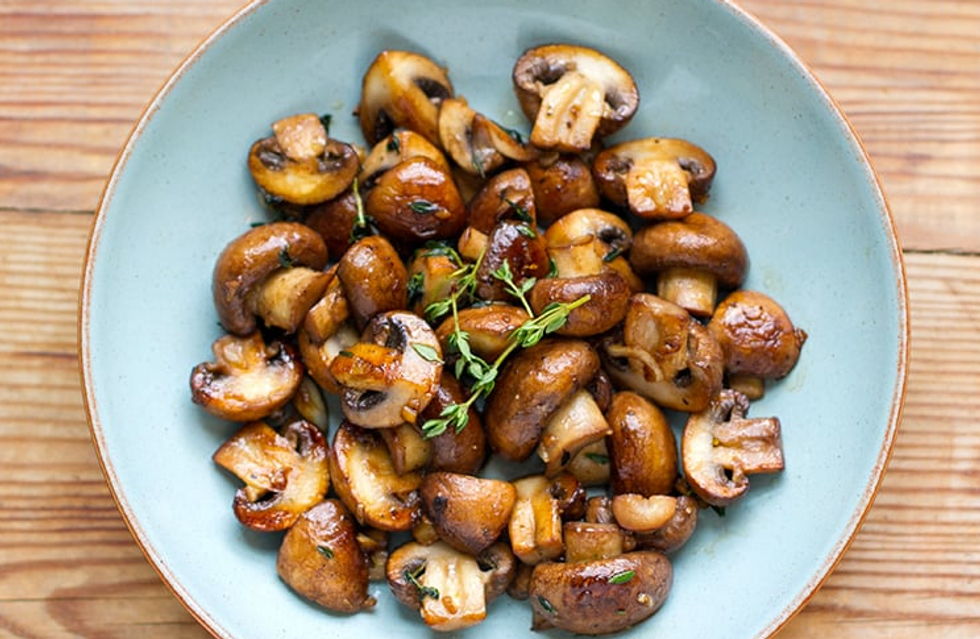
Technically not a vegetable, mushrooms are high in b vitamins, potassium and protein. The caps of Portobello mushrooms can be seasoned and then grilled in place of meat. Smaller mushrooms can be either sautéed by themselves or incorporated in other dishes.
3. Quinoa
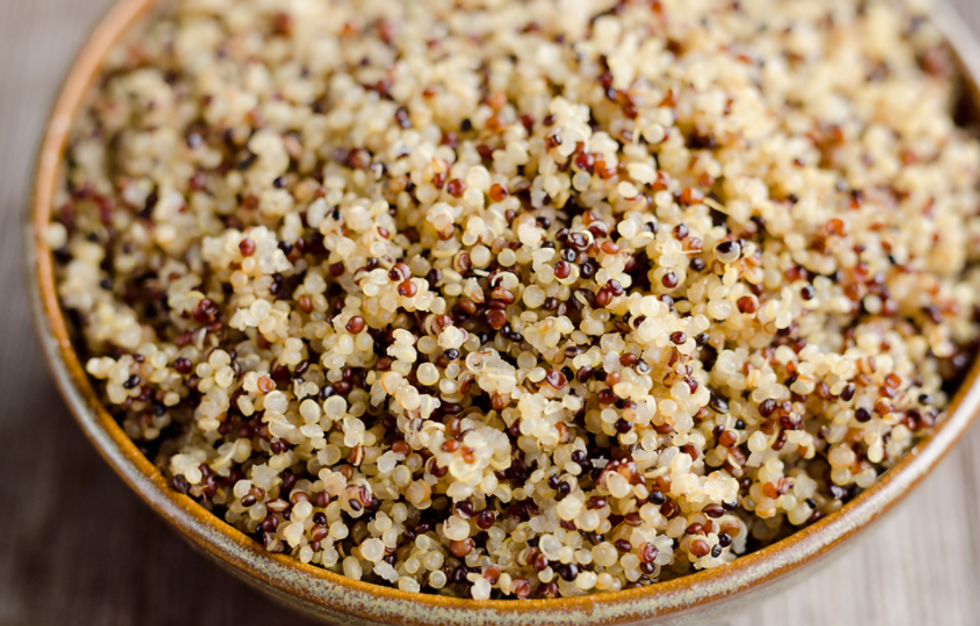
Quinoa has all nine essential amino acids, gluten free and protein. It’s gluten free because it’s not a cereal grain but actually a seed that’s prepared like a grain. In one cup one cup, there are 222 calories, 39 grams of carbs and 4 grams of fat. Quinoa also has twice as much calcium and fiber than most grains. It’s a filling option as a side or entrée base.
4. Greens
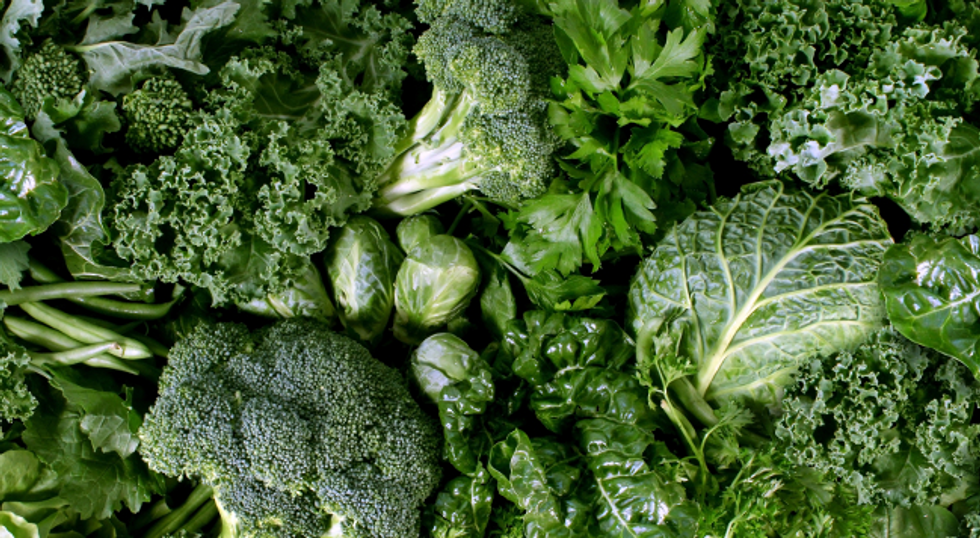
Anything green tends to be packed with nutrients. Spinach is considered a super food for a reason. One serving, or a cup, is a mere seven calories but provides 167 mg of potassium, 1 gram of protein, calcium, vitamin A, vitamin C, magnesium, zinc and iron. Broccoli provides over 4 grams of protein and a healthy dose of vitamin C. Kale, Brussels sprouts, and peas all nutrient rich, which can help nourish your body.
5. Avocados
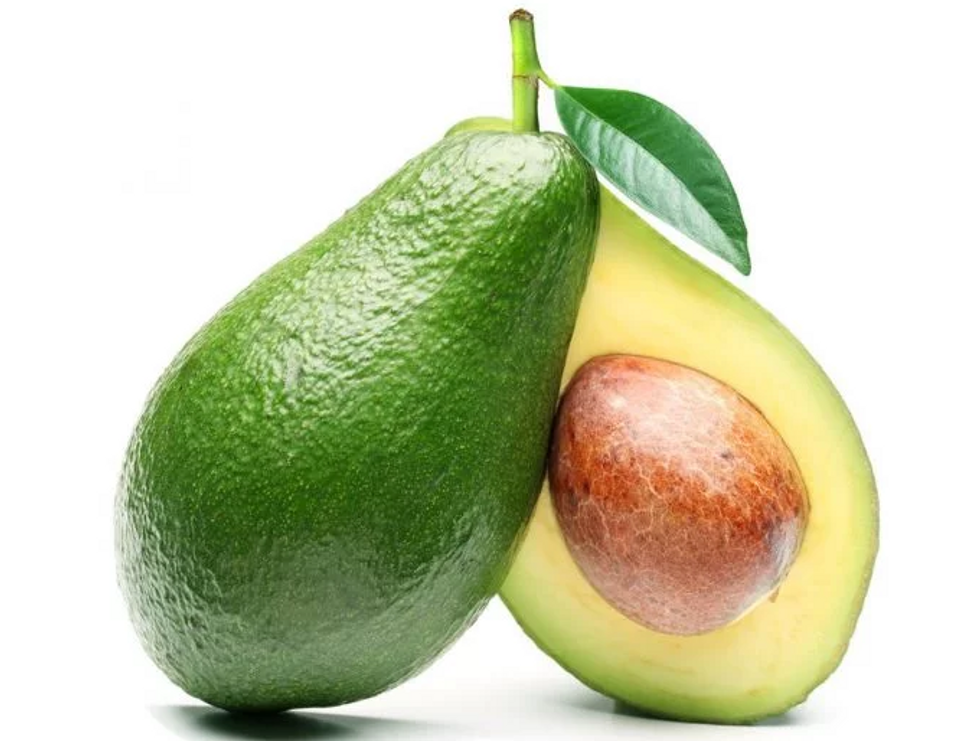
We need to consume fat daily, about 36-50 grams of fat depending on weight. Along with the 20 nutrients, avocados provide 21 grams of good, unsaturated fat in one cup. Use avocado oil in place of vegetable oil. In baked goods, replace butter with avocado. There’s 50 calories two tablespoons of avocado where as butter can have 200 calories.
